The Sustainable Development Goal 4.1 aims to ensure equitable and quality education for all and Indicator 4.1.1 calls for measurement of minimum proficiency levels of children at the end of primary and at the end of lower secondary. As a pre-requisite, no significant drive at international levels is required to assess children’s foundational learning abilities. People’s Action Learning Network (PAL Network) is conducting a common numeracy assessment for children (age 5 to 16) across all of its member countries. As a member of PAL Network, IIDedu has been given the task to conduct the common assessment survey in Bangladesh. This common assessment will be conducted in one district of Bangladesh by the end of this year.
The common assessment is being conducted in three stages- Pilot 1, Pilot 2 and National Survey.
IIDedu has recently completed its second pilot for common assessment on 12th and 13th September, 2019. The household survey took place in Jhenaidah, a southwestern district of Bangladesh. One day training followed by two day survey, assessed basic numeracy skill of more than 100 children.
To start off the whole process, IIDedu conducted the first field pilot in July 2019 on 196 primary and secondary school children in Cumilla, Bangladesh. One day training followed by two day survey assessed basic numeracy skill of more than 100 children. IIDedu, implementing common assessment of numeracy along with 13 other countries of Asia, Africa and North America regions.
In the final phase, IID will conduct the national survey in Jhenaidah district, which will be carried out in 60 villages and the findings will be shared with PAL Network by the end of 2019. IIDedu is implementing common assessment of numeracy along with 13 other countries of Asia, Africa and North America regions.

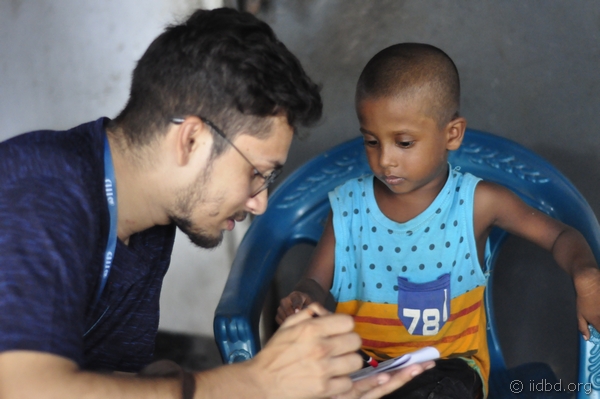
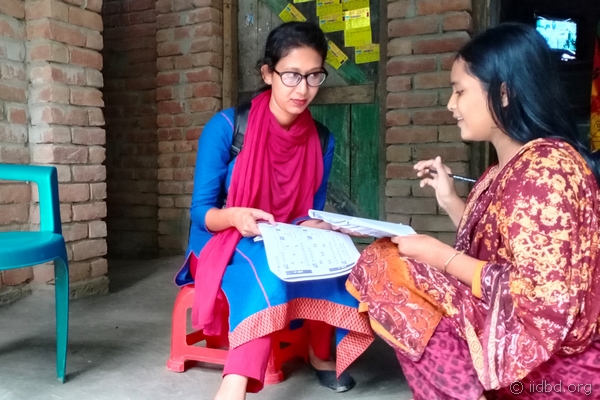
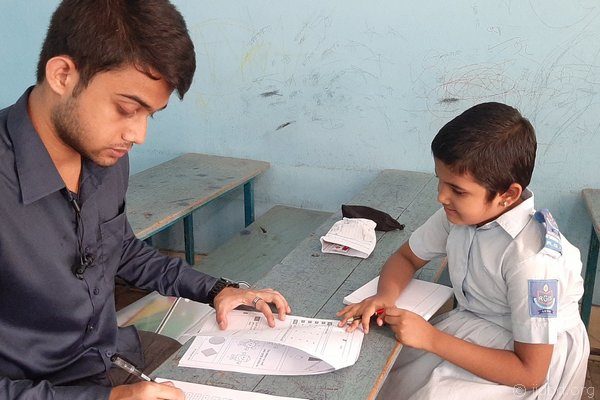
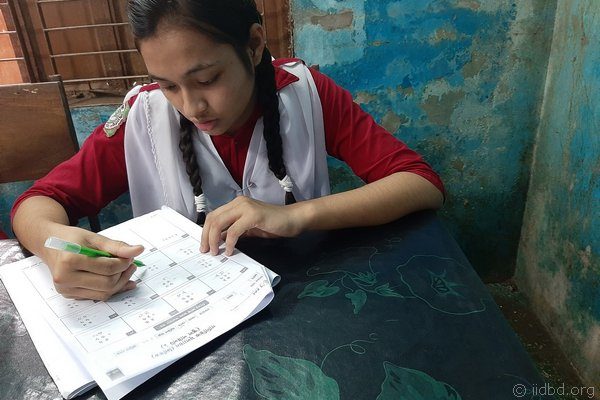

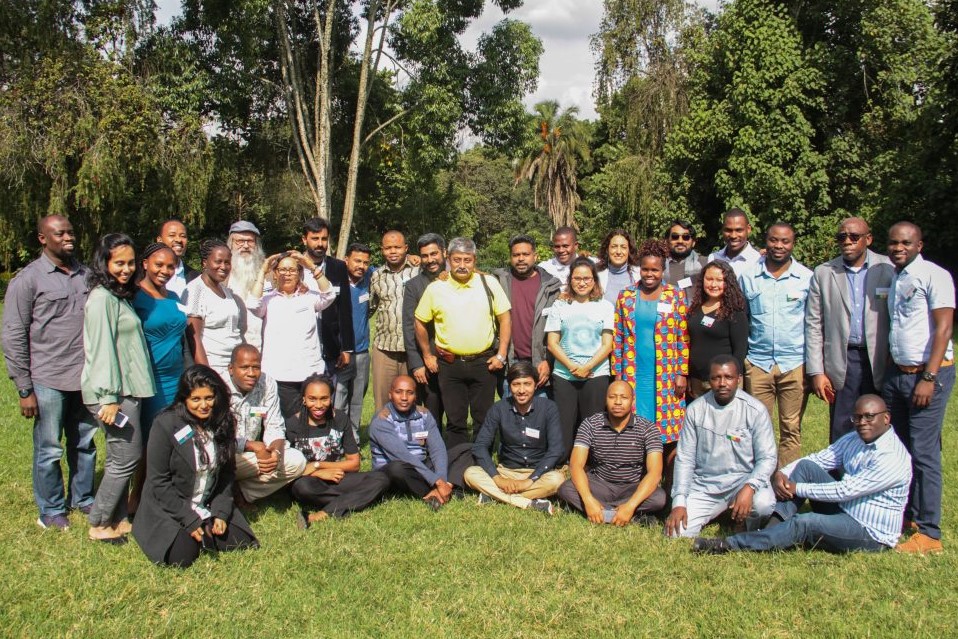
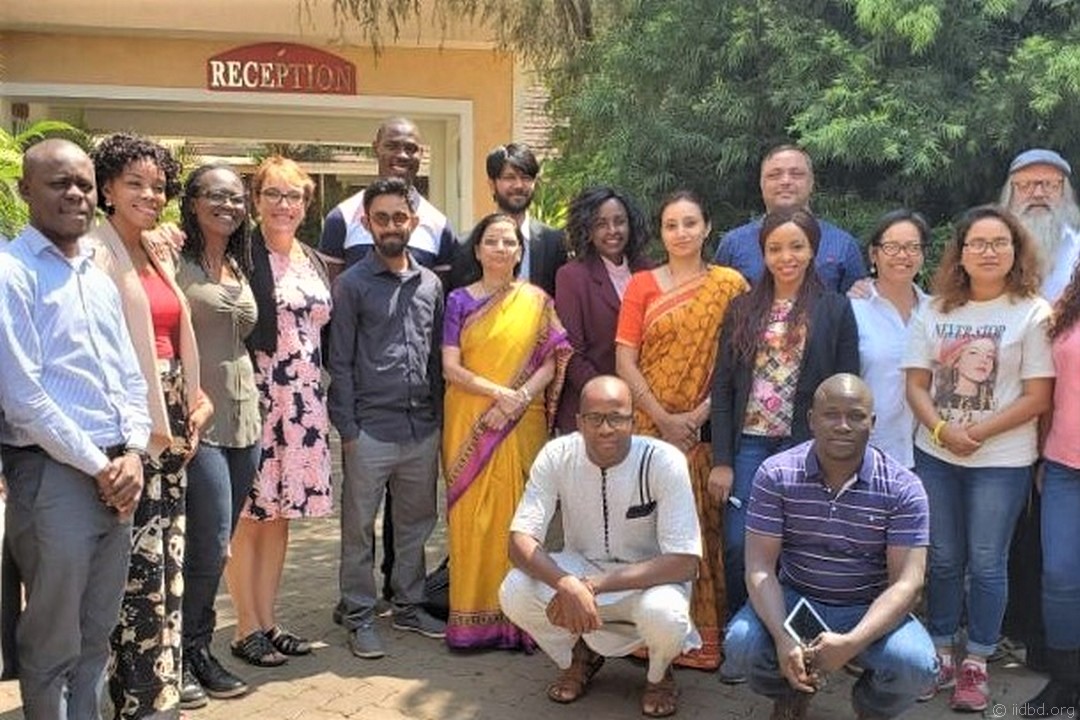
2 Comments.
[…] to 15) across all of its member countries. As a member of PAL Network, IID is going to conduct the common assessment survey in one district of Bangladesh by the end of this […]
tadalafil 10mg prices
Monitoring of SDG 4.1 requires common data platform – IID